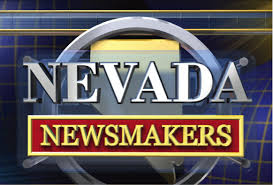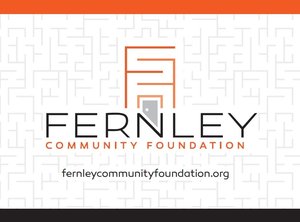Native American tribes will provide legal pot in rural Nevada; West Wendover should have booming business, Segerblom says
By Ray Hagar, Nevada Newsmakers
As the legal, recreational marijuana business takes hold in Nevada’s larger cities, marijuana commerce will also be coming to conservative rural Nevada within a year, said the state senator who led the push for a statewide marijuana system at the Legislature.
“We have one (legal dispensary) in Churchill County, in Fallon, so Churchill is covered,” state Sen. Tick Segerblom, D-Las Vegas, said Thursday on Nevada Newsmakers. “In the Legislature, we passed a new law saying that every city in these smaller counties can get one if they want one.
“Fernley and West Wendover both came forward and said, ‘We want them.’ ”
West Wendover is near Nevada’s border with Utah, 122 miles from Salt Lake City. The city has long depended on visitors from Utah to fuel its gaming-resort economy. Segerblom said a legal-pot shop in West Wendover would do a thriving business.
“West Wendover is the closest (Nevada) city to Salt Lake,” Segerblom said. “So I anticipate their volume will be huge.”
Segerblom also anticipates a grand opening for a West Wendover pot shop.

“When I first heard about it, we can’t make it quid pro quo, but I said please invite me to that opening,” Segerblom said. “Sam (Shad, host of Nevada Newsmakers), you’re invited too, because we want to make sure to be there when all of those Mormons come across the (state) line.”
Other rural pot shops will be run by Native American tribes.
Groundwork for Native Americans and the legal pot business were helped with the passage of Senate Bill 375 in Carson City, which opens the door for legal negotiations on the use and sale of marijuana on tribal lands, according to the Las Vegas Sun. It also allows the governor’s office to bypass federal laws that limit commerce talks between tribes and Congress, the Sun reported.
Tribal leaders told the Legislature that marijuana dispensaries near rural communities would create jobs and add to the revenue of tribal governments.
Tildon Smart, former chairman of the Fort McDermitt Paiute-Shoshone tribe, told lawmakers in April that that about 98 percent of the approximately 1,100 tribal members are unemployed.
The Nevada Tribal Cannabis Alliance includes 14 tribes across the state. All 27 federally recognized tribes in Nevada, which represent about 40,000 Native Americans, are eligible for negotiation under S.B. 375, according to the Sun.
Elected officials in some rural counties, however, are not sold on recreational marijuana.
In April, Douglas County officials voted unanimously to ban all pot shops although the ban does not prohibit the use of recreational marijuana or the growing of plants for personal use by qualified people, according to the Record Courier.
Elko County currently has moratorium on medical marijuana that goes back to 2014, according to the Elko Daily Free Press. The City of Elko’s moratorium on medical marijuana ends in March of 2018.
Tribal control of the business will allow access to recreational marijuana in many parts of rural Nevada, Segerblom said.
“We passed (S.B.) 375, which allows the tribes to have marijuana,” Segerblom said. “In all those rural counties and rural cites that say they don’t want it, now like Yerington, Elko and Winnemucca, now they are going to have tribes that can sell it. So I anticipate that the rurals are going to be very happy. It may take six months to a year but this is going to be out there.”
Watch this episode of Nevada Newsmakers here.
See the upcoming schedule of Nevada Newsmakers here.




